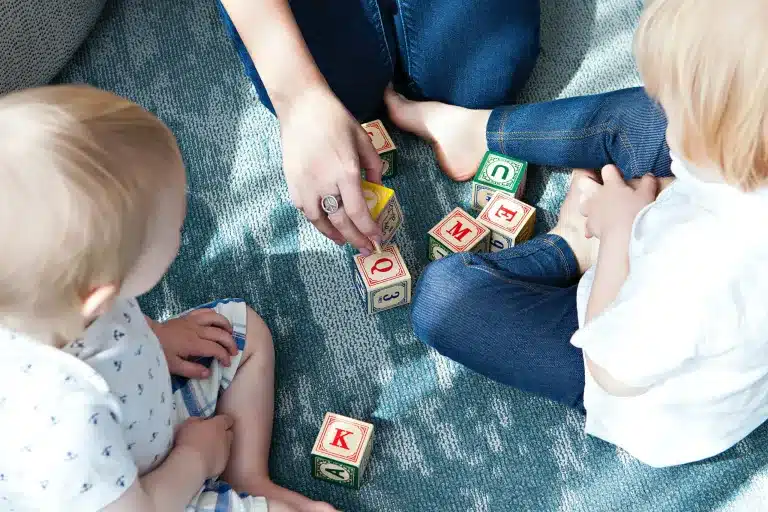We’ll begin this blog on uncontested divorce by telling you what we say to almost everyone who books a consultation with us for divorce: the more you and your spouse fight about your divorce, the longer the process will take. The more time you spend handling your divorce, the more it will cost. For that simple fact, we encourage most divorcing spouses to go the uncontested route when going through divorce.
What Is An Uncontested Divorce?
An uncontested divorce is one in which both spouses agree on matters involving asset division and other divorce-related matters. In Texas, you must also fulfill these conditions for your divorce to be a true uncontested divorce:
- You have no minor children;
- You and your spouse have no retirement accounts;
- You and your spouse do not have marital property;
- Neither you nor your spouse have an ongoing bankruptcy case;
- No one is seeking alimony; and
- Both you and your spouse agree on the reason for the divorce.
If these conditions are met, you have a true uncontested divorce. This allows you and your spouse to get your divorce finalized relatively quickly—in as little as 60 days if everything goes right.
Agreed Divorce in Texas
It’s possible to have an uncontested divorce with minor children in Texas. However, it will be referred to instead as an agreed divorce with children. The same tenets of uncontested divorce apply in an agreed divorce; you must agree on all divorce-related matters in addition to conservatorship (child custody) and child support. Agreed divorces in Texas can also be finalized rather quickly.
These Sound Great. Why Would You Want to Have a Contested Divorce, Then?
There are many ways that a divorce in Texas could become contested. Many issues that divorcing spouses commonly fight over are the same ones we previously mentioned: conservatorship, child support, asset division, and alimony. It doesn’t matter if spouses agree on every other matter—if they disagree on one issue, the divorce is considered to be a contested/traditional divorce.
Having a contested divorce does not mean that you will be subjected to endless shouting matches in court. Mediation is often used to settle issues on which spouses disagree. Most contested divorces are settled out-of-court, but a judge is always available to rule on issues spouses simply cannot agree on.
You Still Need An Attorney
We don’t say this because the law requires you to have a divorce attorney when divorcing. We say this because the decisions you make during your divorce will affect you and your children for the rest of your lives. Our firm is here to make sure your interests are well-represented and that your divorce is over as efficiently as possible. We look forward to discussing your legal needs soon.

















